Landslide raises questions about $15.7 billion Exxon plan
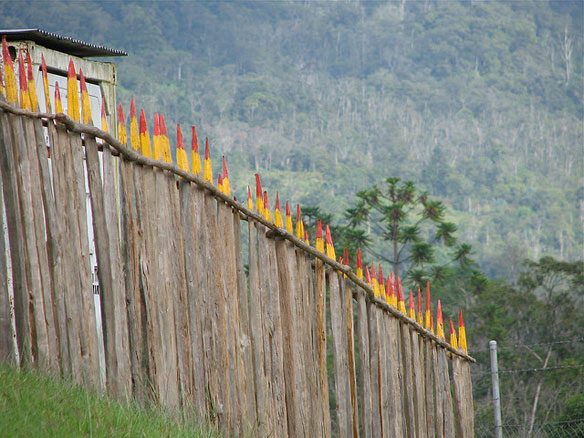
A deadly landslide in the mountains of Papua New Guinea, near where U.S. oil major Exxon Mobil is building a $15.7 billion gas project, is raising fresh questions about the global energy industry’s scramble for ever harder-to-reach resources…
Better Beaches for Everybody
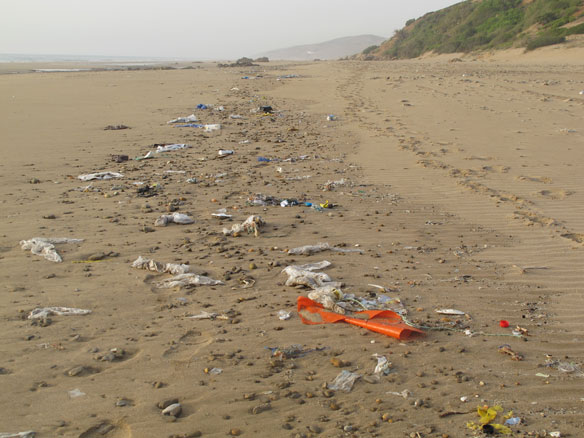
“Studying plastics in the marine environment through UNCW over the past four years, I have studied beaches in Hawaii, Bermuda, South Africa, Brazil, and California taking samples from the wrack line. On all the beaches mentioned, I have found a higher concentration of broken fragments of plastics than cigarette butts. But Wrightsville Beach tells a very different story…”
In Patagonia, Caught Between Visions of the Future

Two competing visions of Patagonia stirring a national debate over the future and the soul of Patagonia itself…
3rd Best Paper Award Announced
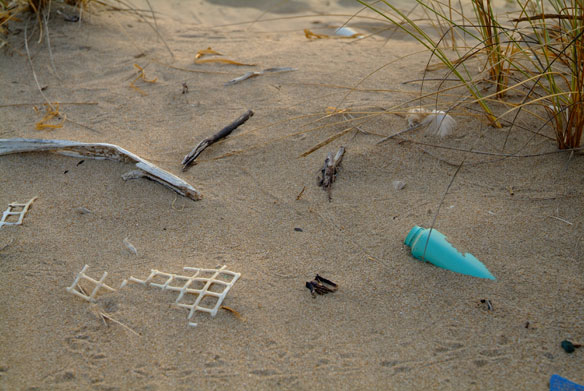
Marine Pollution Bulletin and Elsevier Science instituted has awarded the annual prize for “best paper” to Skye Morét-Ferguson (corresponding author), Kara Lavender Law, Giora Proskurowski, Ellen K. Murphy, Emily E. Peacock and Christopher M. Reddy for their paper entitled “The size, mass, and composition of plastic debris in the western North Atlantic Ocean” (Marine Pollution Bulletin 60 (2010) 1873-1878).
Midway Atoll Expecting Japan Tsunami Debris Soon

Japanese debris swept into the ocean by last year’s massive earthquake-caused tsunami is still likely a year away from washing up in Hawaii, but people at Midway are expecting some soon. Scientists have deployed hundreds of high-tech devices to help monitor the path of the debris, which could be hazardous to ships, marine life and coastlines.
Madagascar Gets Roadmap To Conserving Marine Life

A new study provides a plan for preserving Madagascar’s dazzling array of marine life, by creating more than 1 million hectares (3,861 square miles) of protected areas to conserve its coral reefs, mangroves, and other marine ecosystems.
Emissions from Oil Sands Mining

Using data from a NASA satellite, researchers have found that the emission of pollutants from oil sands mining operations are comparable to the emissions from a large power plant or a moderately sized city.
UN Team Examines Mining Threat to Great Barrier of Reef
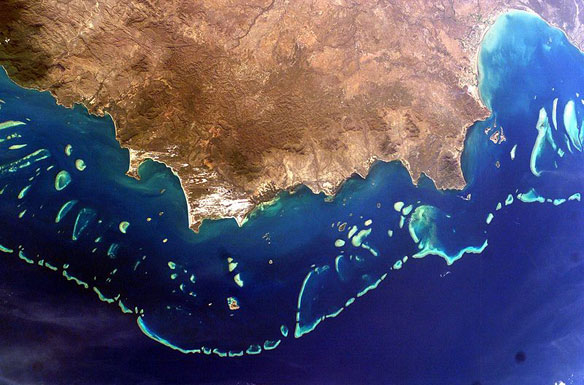
A UN team has arrived in Australia to investigate possible damage to the Great Barrier Reef by the mining industry.
Is Seaweed the Future of Biofuel?
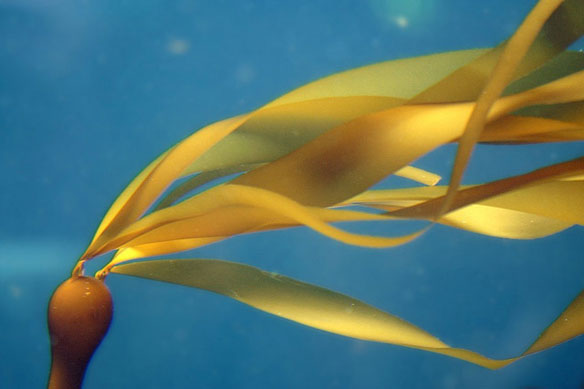
As scientists continue the hunt for energy sources that are safer, cleaner alternatives to fossil fuel, an ever-increasing amount of valuable farmland is being used to produce bioethanol, a source of transportation fuel.
